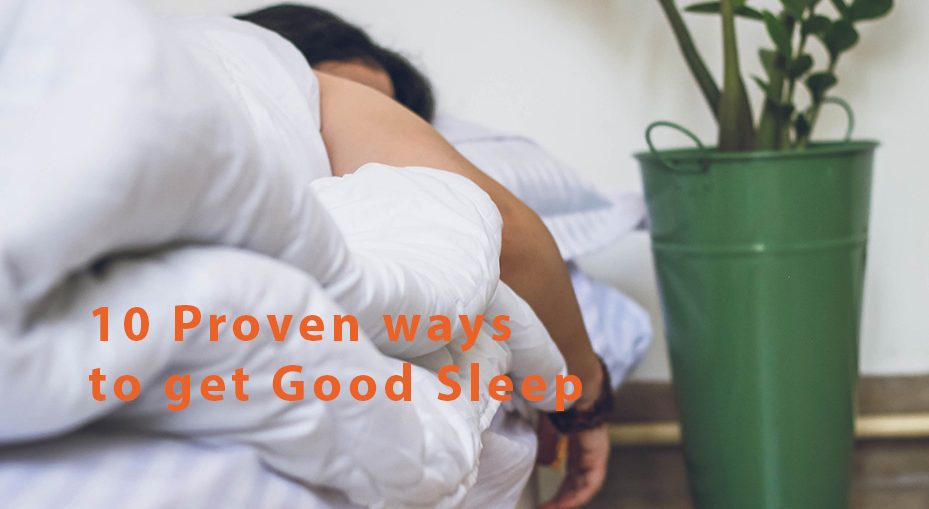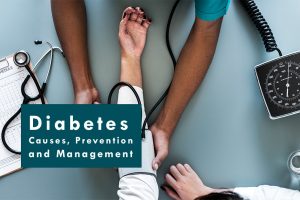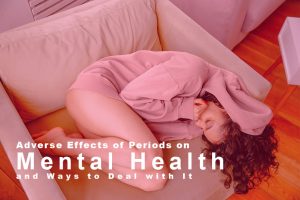How To Sleep Well Tonight: 10 Proven Tips That Work
How to get better sleep? and why is it important? A restful night’s rest is the same as regular physical exercise and a balanced diet. Studies have shown that sleeping poorly can have immediate negative impacts on the hormones in your body, your exercise performance and brain function.
It also can cause an increase in weight and raise risk of getting sick in both adults as well as children. However, a good night’s sleeping habits can help you lose weight, get more exercise and live a healthier lifestyle with nature’s way melatonin gummies
In the last few years, the quality of sleep and quantity have decreased. Many suffer from poor sleep. If you’re looking to improve your health or shed excess weight, getting a great night’s rest is among the most crucial actions you can take.
How to get good sleep? Here are 10 scientifically proven way to get a good night sleep.
10 Proven ways to get Good Sleep
1. High Daylist Exposure
Your body has a time-keeping system that’s called our circadian rhythm. It impacts your body, your brain and hormones, assisting you stay awake , and also signaling your body that it’s time to go to sleep. Natural sunshine or bright light during the day can help keep your circadian rhythm in good shape. This boosts your energy levels during the day, and also quality of sleep and its duration.
In insomnia sufferers the exposure to bright sunlight during the day enhanced sleep quality and duration. Also, it reduced the time needed to sleep. Try to get exposure to sunlight every day or If this isn’t practical , consider investing in an artificially bright lighting device or bulb.
2. Avoid night light Exposure
Exposure to light during daylight hours is beneficial, but evening exposure to light can have the opposite effect. This is because of its impact upon your circadian rhythm fooling your brain into thinking it’s still the day. The result is a decrease in hormones, like Melatonin that aid in relaxing and getting deep sleep.
The blue light that electronic devices such as computers and smartphones emit in large quantities is the most harmful in this condition. There are many ways to decrease the night time blue-light exposure. This includes wearing glasses that block blue light, stop watching television and switch off all bright lights two hours before going to sleep.
3. Avoid late night coffee
Caffeine offers numerous advantages as well as being consumed by between 30 and 40 percent of the population. A cup of coffee may improve the focus, energy and athletic performance. But, if you consume it in the late hours of the day caffeine is known to stimulate your nervous system , which can hinder your body from sleeping at night.
The level of caffeine can remain high throughout up to 6-8 hours. So, drinking large quantities of coffee in the hours between 3 and 4 p.m. is not advised particularly if you’re sensitive to caffeine or have difficulty sleeping. If you’re craving the taste of coffee late in the evening or in the afternoon, try decaffeinated coffee.
4. Avoid daytime Naps
Even though quick power naps have their advantages, taking them frequently or for an extended period of time might be harmful to your sleep.Day time power naps can disrupt your internal clock. This means you could have trouble sleeping at night.
Studies have shown that taking a 30-minute or shorter nap might improve daily brain performance, while taking longer naps can be bad for your health and sleep. However, other research shows that those who regularly nap don’t have poor sleep quality or interrupted sleep at night. You shouldn’t be concerned if you regularly snooze and get enough sleep. Depending on the person, napping has different effects.
5. Avoid Drinking Alcohol
Drinking a few beers at night might have a detrimental impact on your hormones and sleep. Snoring, sleep disruption, and sleep apnea symptoms have all been linked to alcohol consumption. Additionally, it modifies melatonin synthesis at night, which is crucial to your body’s circadian cycle.
6. Get Melatonin Supplements
A crucial sleep hormone called melatonin signals to your brain when it’s time to unwind and go to bed. Supplemental melatonin is the best sleep aid. Melatonin is frequently prescribed to treat insomnia and can be one of the simplest ways to sleep more quickly. Because it assists in the circadian rhythm of your body returning to normal, melatonin is especially helpful while traveling and adapting to a new time zone.
Good sleep gummies require a prescription in several nations. Melatonin is easily accessible online or in shops in other places. Take 1 to 5 mg 30 to 60 minutes before going to bed.
To determine your tolerance, start with the lowest dose with your sleep well supplement and gradually raise it as needed. You should see a healthcare professional before using melatonin since it may change brain chemistry.
7. Reset your bed environment
Many individuals think that having a good night’s sleep is mostly dependent on the bedroom setting and atmosphere. These elements include the following: temperature, sound, outside illumination, and furniture placement.
Reduce street sounds, lighting, lighting systems and alarm clocks in your bedroom to the absolute minimum. Ensure that the sleeping area is a peaceful, comfortable, tidy, and pleasurable space.
8. Try De-Stress Yourself
A lot of folks have a relaxing habit before bed. Another popular method for treating insomnia is to practice relaxation methods before bed. Research has shown that these approaches enhance the quality of sleep. Among the techniques include deep breathing, visualizing, listening to calming music, reading, having a hot bath, and meditating. Try out various techniques to see which one suits you the best.
9. Take a relaxing bath
Another well-liked method to get more rest is to take a calming bath or shower. According to studies, they can help people, particularly older adults fall asleep more quickly and enhance the quality of their overall sleep. If you prefer not to take a complete bath at night, you may still relax and get better sleep by merely immersing your ankles in hot water.
10. Rule out Sleep Disorder
Your sleep issues might be brought on by a medical issue that is not yet apparent. Sleep apnea, which results in irregular and interrupted breathing, is one prevalent problem. People who have this illness repeatedly cease breathing while they are asleep.
Circadian rhythm disorders, which have been frequent among shift workers, and sleep movement disorders are two more prevalent medical diagnoses. Consider speaking with your doctor if you’ve always had trouble falling asleep.
The Bottomline
Your health is greatly impacted by your sleep. Your risk of acquiring cardiovascular disease and type 2 diabetes rises if you sleep for fewer than 7-8 hours each night. Making sleep a high priority and implementing some of the above suggestions are advised if you’re interested in achieving your best level of health and wellbeing.







